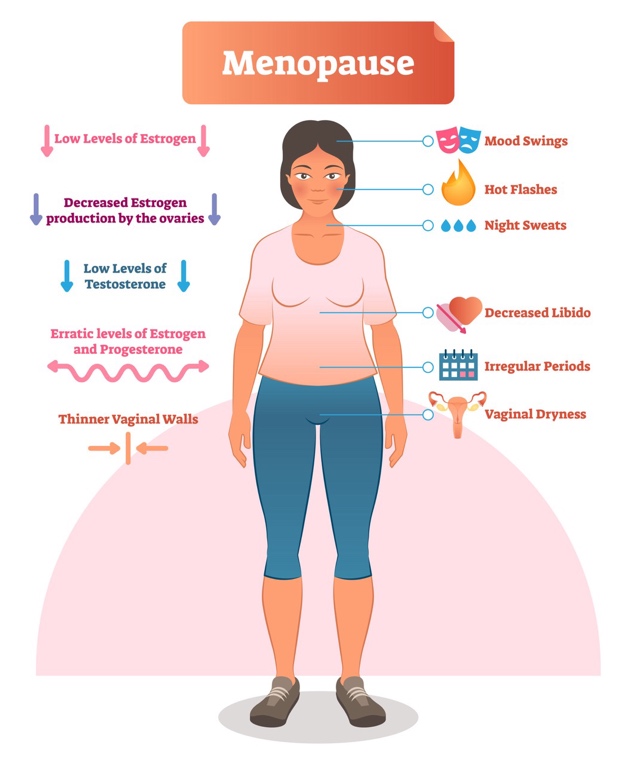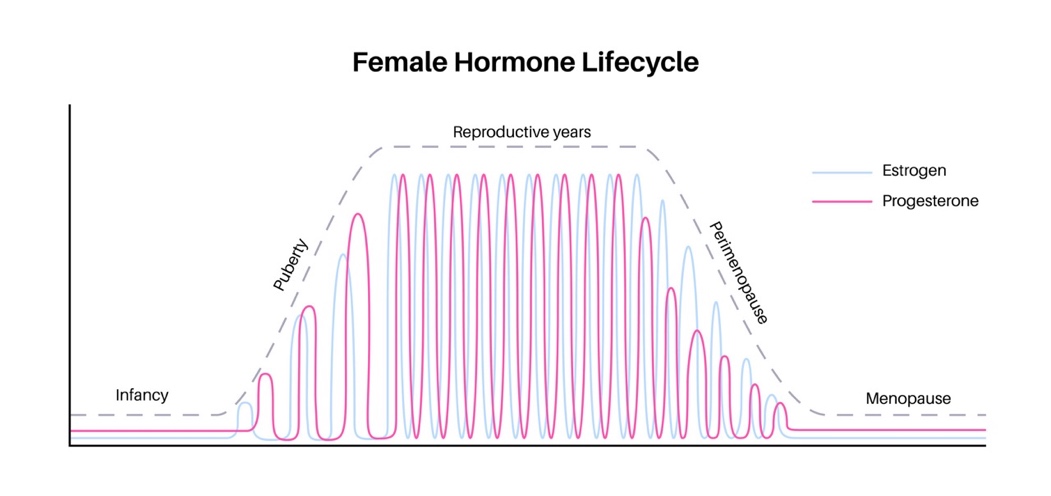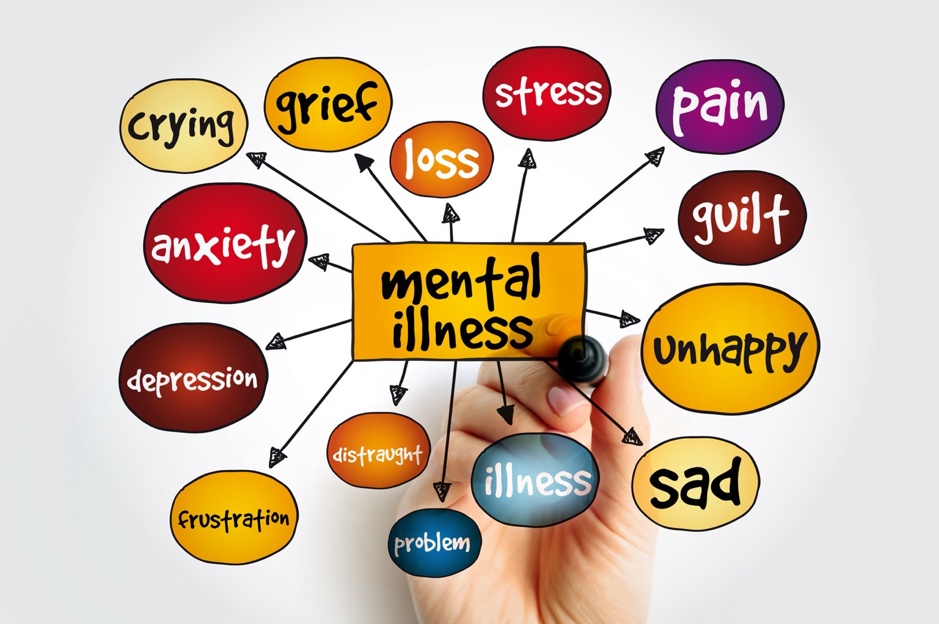Women should be aware of and know how to be proactive about mental health challenges during perimenopause. During this time, fluctuating hormone levels can lead to psychological symptoms such as mood swings, anxiety, and depression, which significantly impact daily life and overall well-being. This blog will shed light on these mental health challenges, offering vital information and practical tips to help women manage and overcome these difficulties associated with perimenopause.
Manage Stress And Anxiety
Managing stress and anxiety is a major step in being proactive about mental health challenges during perimenopause and menopause. There are several lifestyle adjustments you can make to ease these symptoms. Some of them include exercising, eating a balanced diet, getting enough sleep, engaging in hobbies, and incorporating mindfulness meditation. For more details, read my blog that provides 10 effective tips for coping with menopause stress and anxiety. My blog 10 Proven Ways to Reduce Stress also has helpful tips.
Understand Hormonal Changes During Perimenopause And Menopause
By understanding the role hormones play in mental health and exploring treatment options and lifestyle changes, women can implement effective strategies to maintain their mental health and quality of life during perimenopause.

The article Severe Mental Illness And The Perimenopause in BJPsych Bulletin, published by Cambridge University Press, focuses on this issue. It explores the challenges women face with severe mental illnesses (SMI) as they approach menopause, specifically during perimenopause. During this life stage leading up to menopause, a woman’s body starts to make less estrogen. This can cause various physical and mental health changes, which might be more pronounced in women who already have mental health issues.

The following information is designed to help women educate themselves and be proactive about consulting their doctor to discuss treatment options and manage symptoms.
Hormonal Changes and Mental Health

During perimenopause, the levels of hormones like estrogen, progesterone, and testosterone in a woman’s body can fluctuate widely. These hormones have important roles in regulating mood and brain function. When their levels drop or become erratic, it can lead to mood swings, depression, anxiety, or even worsen existing mental health conditions.
Impact on Treatment

Women with SMI might find that their usual psychiatric medications don’t work as well during perimenopause. The body’s changing hormone levels can affect how drugs are processed, possibly requiring adjustments to their medication to continue managing their mental health effectively.
Benefits of Hormone Replacement Therapy (HRT)



HRT can be beneficial during this time because it helps stabilize the body’s hormones by replacing the estrogen that is lost. This helps manage typical menopausal symptoms like hot flashes and night sweats. It can also help keep mood and mental health issues under better control.
Mental Health Symptoms to Watch For


Perimenopause can trigger or increase symptoms like anxiety, sadness, or feelings of worthlessness, especially in women with existing mental health conditions. It’s crucial for healthcare providers to actively check in on these symptoms so that they can adjust treatment plans as needed.
Physical Health Risks
Besides mental health, perimenopause also brings an increased risk of physical health issues like bone thinning (osteoporosis) and heart disease. These risks are higher in women with SMI, often due to their lifestyle, side effects from medications, or other health conditions.
Being proactive can help improve both mental and physical health outcomes during and after the transition into menopause.
For more helpful perimenopause and menopause tips, read my blogs.








